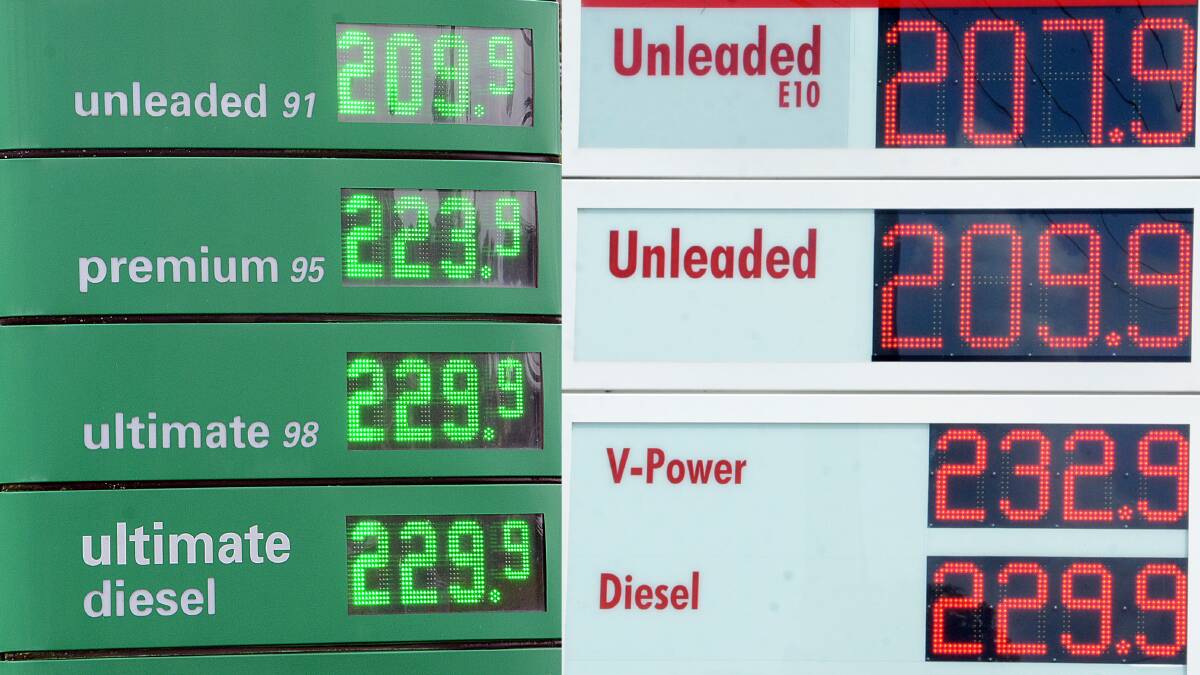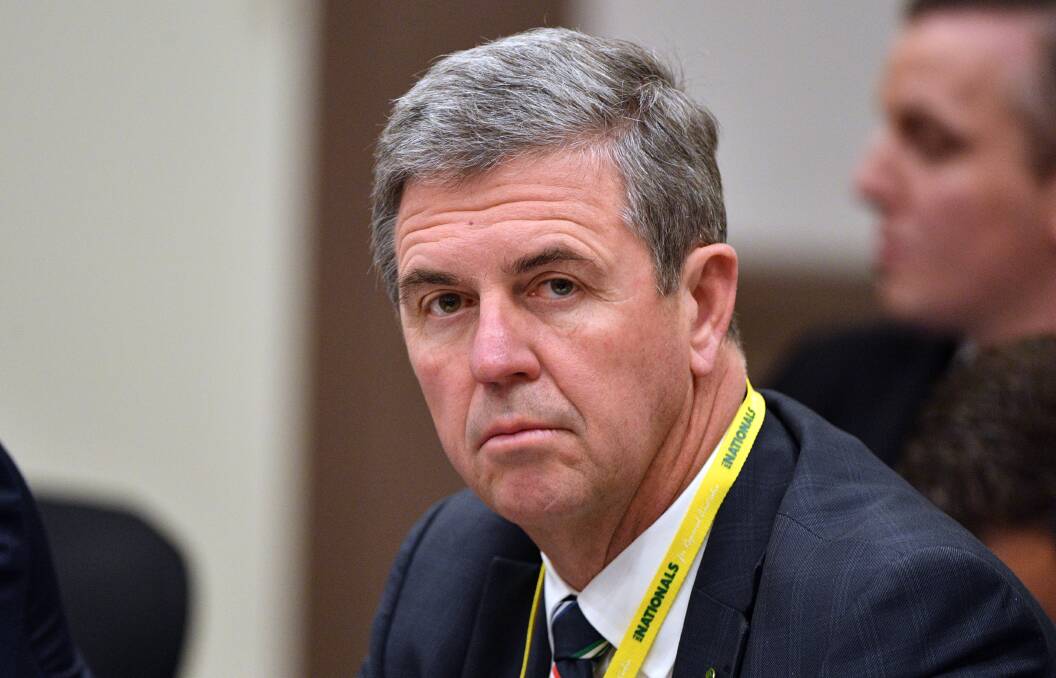
The Mid Coast region has been hit with its fair share of challenges over the past three years with severe drought, devastating floods, a global pandemic, housing shortages then another threat of major flooding, and now, it's all about the fuel prices.
Subscribe now for unlimited access.
$0/
(min cost $0)
or signup to continue reading
The conflict in Ukraine and the world's response to Russia has seen the average cost of fuel exceed $2 per litre. It's just another issue out of the hands of the community that may lead to more financial stress for already struggling families and businesses.
The impacts of the increasing fuel prices will inevitably have a flow-on effect across many sectors from social support program through to much-needed tourism.
While at this stage it's still to early too know the extent of the impacts, there are fears for our most vulnerable community members.
Organisations like Gloucester's Bucketts Way Neighbourhood Group (BWNG), that provide aged care, health and emergency support, are bracing for the impact.
The cost of fuel directly affects their volunteer support network. Volunteers use their own vehicles to transport people to health appointments, visit the elderly and deliver Meals on Wheels (MOW). The rate of reimbursement isn't going up with the cost of fuel.
According to BWNG chief executive officer Anna Burley, the organisation is looking for ways to ease some of the extra cost burden for their volunteers.
"All MOW volunteers will incur increase in fuel costs. On average they do 40 kilometres per day delivering and we charge no fee for delivery," Anna said. "We are looking at how we can reimburse with these extra costs."
The same goes for the volunteer health transporters.
"We have contacted NSW Health Patient Transport Scheme based in the Hunter about increasing the kilometre rate to cover the associated increase in costs."
Where the cost per litre ends up on the roulette wheel will have a huge impact onto everyone and may see significant changes in the cost of living.
- Anna Burley
The result of the increase in fuel costs means BWNG needs to now review its service rate.
"Our support workers are reimbursed for travel as per the award. This is close to 2500 kilometre per fortnight and hence a large cost to the organisation. On some of the programs, we can build in the cost of travel but with others we do not and therefore it is a cost to BWNG. Consideration needs to be given about providing the service into the future," Anna said.
"The cost of fuel going forward will impact greatly on the community and BWNG. Where the cost per litre ends up on the roulette wheel will have a huge impact on everyone and may see significant changes in the cost of living," she said.
BWNG Safety Net program coordinator, Amber Galvin, who manages the delivery of emergency support for people who need help paying bills or buying food, is very concerned and is anticipating an increase of people seeking assistance.
"This program has a limited budget to assist people in hardship and the already strained funds will be quickly exhausted," Amber said.
Another area that may be impacted is tourism as we approach the Easter school holiday period. It's typically a very busy time for the Mid Coast region for a wide range of businesses, but the question is whether or not the cost of travel will stop people from travelling.

According to MidCoast Council's manager Growth, Economic Development and Tourism, Deb Tuckerman the bookings are looking solid at this stage.
"Council hasn't seen any flow on impacts just yet. Based on information from operators, most of the accommodation in Gloucester and Forster is already booked out for the long weekend and busy for the rest of the holidays," Deb said.
"We will continue to monitor last minute bookings as this is where the impact may flow on but with most bookings already confirmed and paid it is unlikely that families will cancel."
As the community continues to watch prices go up, all eyes are shifting to the national response.
Federal member for Lyne, David Gillespie acknowledges the challenges of the past three years.
"As each challenge has presented itself, our government has invested more than $1 billion in support across my electorate in response to the fires and floods and much more funding has gone in to supporting our economy locally during COVID with household income and employment support, as well as economic stimulus measures from the Home Builder package to the millions of dollars allocated to MidCoast Council locally for infrastructure projects," Dr Gillespie said.

"This has required increasing the nation's debt, coupled with a plan to increase economic activity so that we can eventually pay that debt back.
"The increase in petrol prices in the past few weeks is having a very significant impact on households and businesses both directly and indirectly, from filling up the car at the bowser, to the extra costs associated with everyday items that need to be freighted here," he said.
"As a government, we need to respond to this on a number of levels - internationally, securing reliable oil supplies to ultimately lower those petrol prices, but also domestically, by providing relief while oil supplies become more stable across the world."


